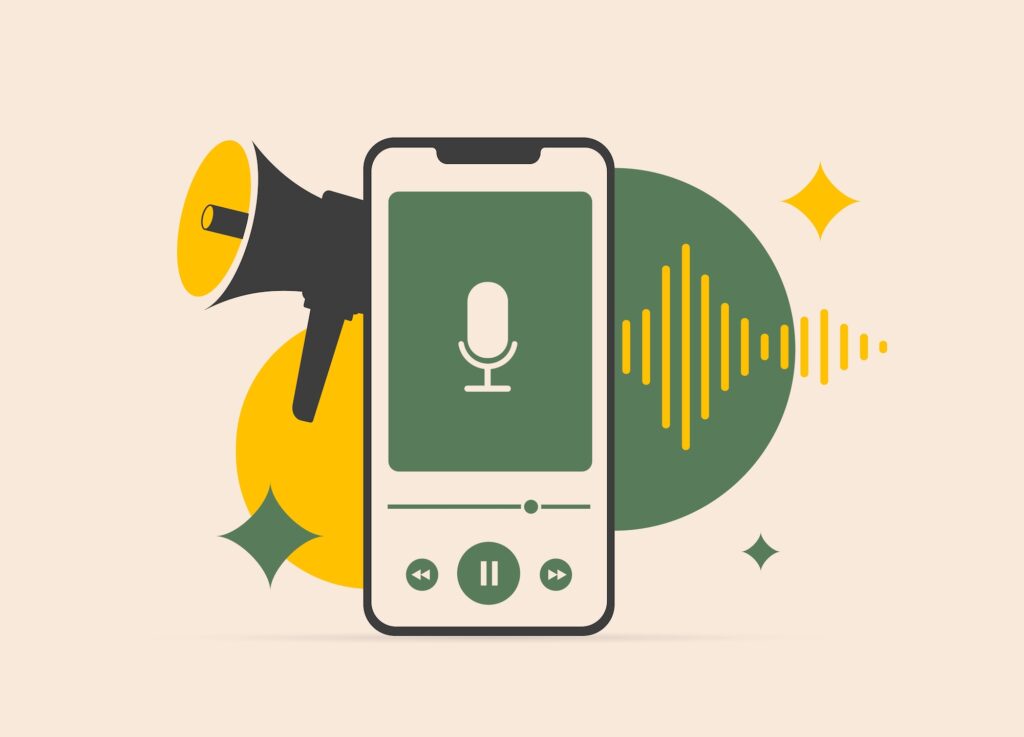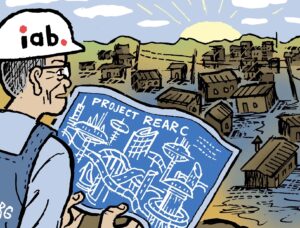Audio advertising presents a paradox: It’s an increasingly popular form of media, making up between 20% and 30% of consumption time in the US, depending on the source, but it’s woefully underrepresented in terms of spend.
Wondercraft, an AI-powered audio content creation studio, is hoping to bridge that gap by making audio a more accessible format for creators and advertisers.
On Tuesday, it announced the launch of Wonda, an AI agent that works with creators to generate and revise new audio content, from audiobooks to podcasts to ads.
The audio angle
Audio is a uniquely difficult medium for advertisers to work with, according to Oskar Serrander, co-founder of Wondercraft.
Buyers don’t have the “crutch” of a visually attractive product to fall back on, not to mention the fact that there are far fewer creators in the audio space than in video, said Serrander, which is why video is still “where the money is.”
With Wonda, advertisers can generate new audio content without advanced technical skills or experience with complicated editing tools, he said.
Wonda works not unlike a standard chatbot. Advertisers can use natural language prompts to describe the product they want to promote, including details like the desired tone, duration and audience, and Wonda generates the first draft of an ad.
The script generator is built on Claude and ChatGPT, as well as a number of voice research models, including ElevenLabs, Cartesia and Gemini.
There are dozens of different voices to choose from, generated from real voice actors who are compensated accordingly. Users can also add in relevant soundbites, like a crunching sound in an ad for a new snack, and make dozens of variations, such as matching the accent of the speaker to the region in which an ad is running.
Wondercraft allows advertisers to run A/B tests for all of these versions at once as a sort of “creative exploration” between brands, DSPs and advertising platforms to determine what really works, Serrander said, rather than spending weeks generating one version of an ad that may not pan out.
Human touch
Wonda expedites the creative process and radically reduces the number of people involved – speeding up the approval process, for instance, and eliminating the need to record in a studio – but Serrander is emphatic that the tool still puts human creativity first.
The human is the creator, and AI is the producer, he said.
“We’re not replacing podcasting,” Serrander said, and “we’re not replacing the human.” This, of course, depends on one’s definition of “replace,” seeing as Wonda can generate an entire commercial or podcast episode with just a few brief prompts.
But the rise of AI-generated production is “kind of inevitable,” he said – and it’s necessary, he added.
Without easy-to-produce, high-quality audio advertising at scale, Serrander said, the entire podcasting industry would eventually probably have to move to a paid subscription model.














